The Chinese tech trends we saw started in 2016 posed questions that have yet to be answered

Image Credit: bloomua / 123RF Stock Photo
In the tech industry, new innovations are constantly supplanting old ideas and seemingly stable companies can find themselves facing unexpected challenges.
However, the trends we saw started in 2016 posed questions that have yet to be answered. Here are eight of them we think will be answered in 2017.
1. Can Alipay effectively deter the aggressive rise of WeChat?
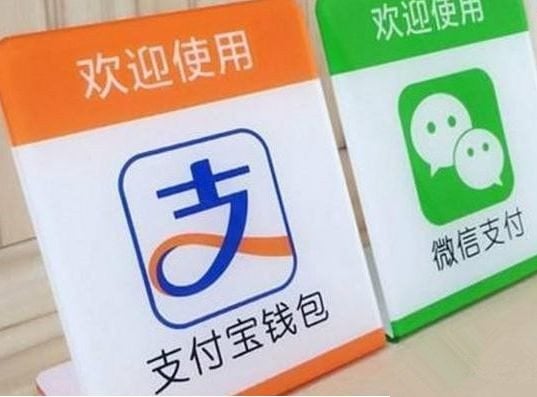
Alipay and WeChat (Image credit: cztv.com)
Considering that Alipay has been trying hard to make Alipay a something more than just payment platform; a social community, what kind of strategies will actually attract users to use Alipay for engaging with other users?
2. How will competition between China’s bike-rental platforms, Mobike and Ofo, play out?

Which one will become more dominant? Around the end of 2016, Ofo had officially entered Silicon Valley while Mobike entered Singapore. We’ve talked a lot about these two companies and bike-sharing (actually bike-rental) in 2016. Will they be able to gain a meaningful presence in foreign markets? Will they actually survive until the end of 2017?
3. How will LeEco’s car business develop?
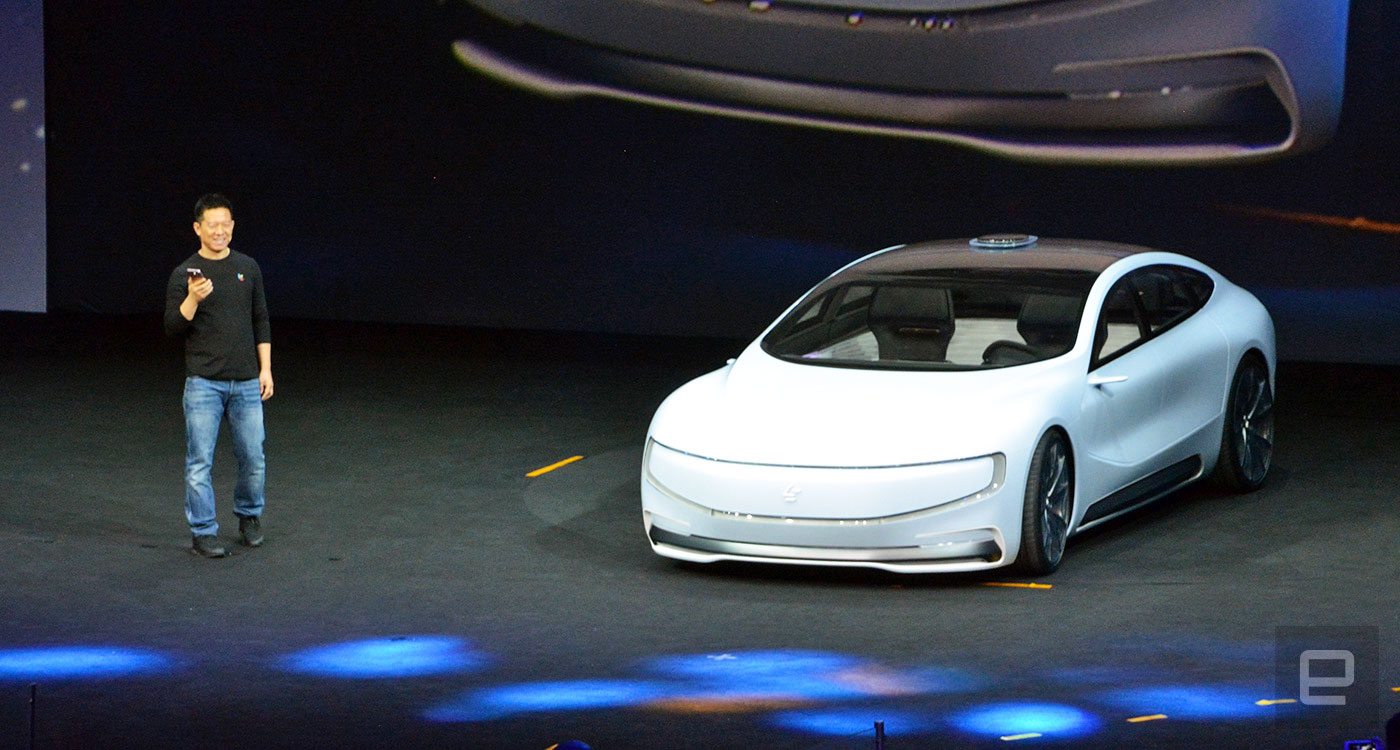
LeEco is probably the most argued-about company in China, especially regarding its financial status. Starting off with its reconfirmation of partnership with Faraday Future and introduction of brand-new electric cars, LeEco is expected to make lots of things clearer in 2017. The latest news is fresh funding of 16.8 billion yuan ($2.4 billion) from real estate developer Sunac. How that will impact the company’s transportation plans is still unclear.
Also Read: Innovating India: Here are 6 emerging edtech trends to watch for in 2017
4. Will WeChat’s newly-launched mini-apps replace actual apps in China?
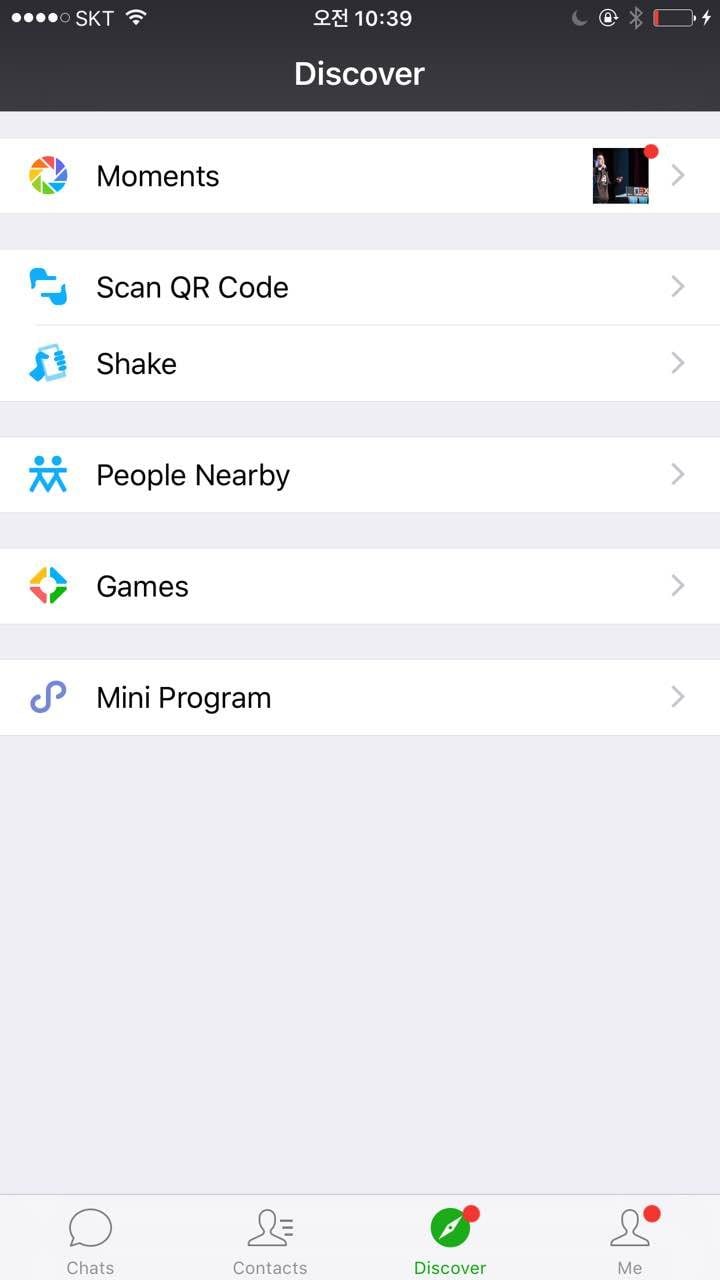
It is not impossible considering the fact that websites were replaced by WeChat official accounts. Also, it is expected that before long, the number of mini-apps will sky-rocket. However, there is already a backlash occurring as users question their use and relevance. Will these mini-apps actually replace their bigger brethren?
5. How will Alibaba push the envelope on this year’s Singles Day?
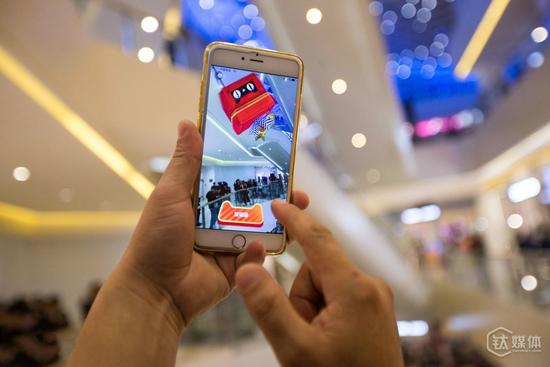
Image credit: Netease
Granted, this is still some time away, but Single’s Day is always something to be excited about. In 2016, Alibaba created an AR game similar to Pokemon GO where users could find hongbao (红包 or lucky money in English) by capturing the Tmall cat mascot. It seems that every year we ask if they’ll be able to top last year and every year they do. We’re already getting excited to see what they have planned for this year.
6. Will Baidu be able to catch up to Tencent and Alibaba?
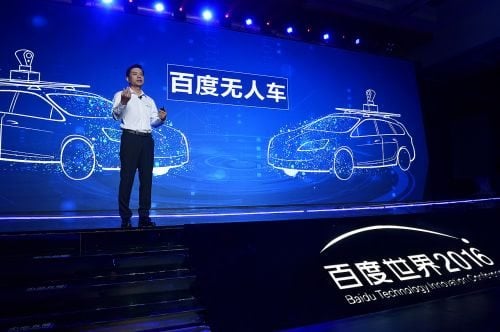
Robin Li introducing Baidu’s AI car at Baidu Technology Innovation Conference 2016 on September 1st, 2016. Image Credit: Techweb
With the stunning successes of Tencent and Alibaba over the past few years, Baidu seems to have lost much of its steam as its services are replaced by big and small competitors alike. However, rather than position themselves as a leader in consumer technology, Baidu is refocusing on developing proprietary technology such as AI and AR.
7. Will Didi overcome troubles caused by unexpected regulations imposed by municipal government?
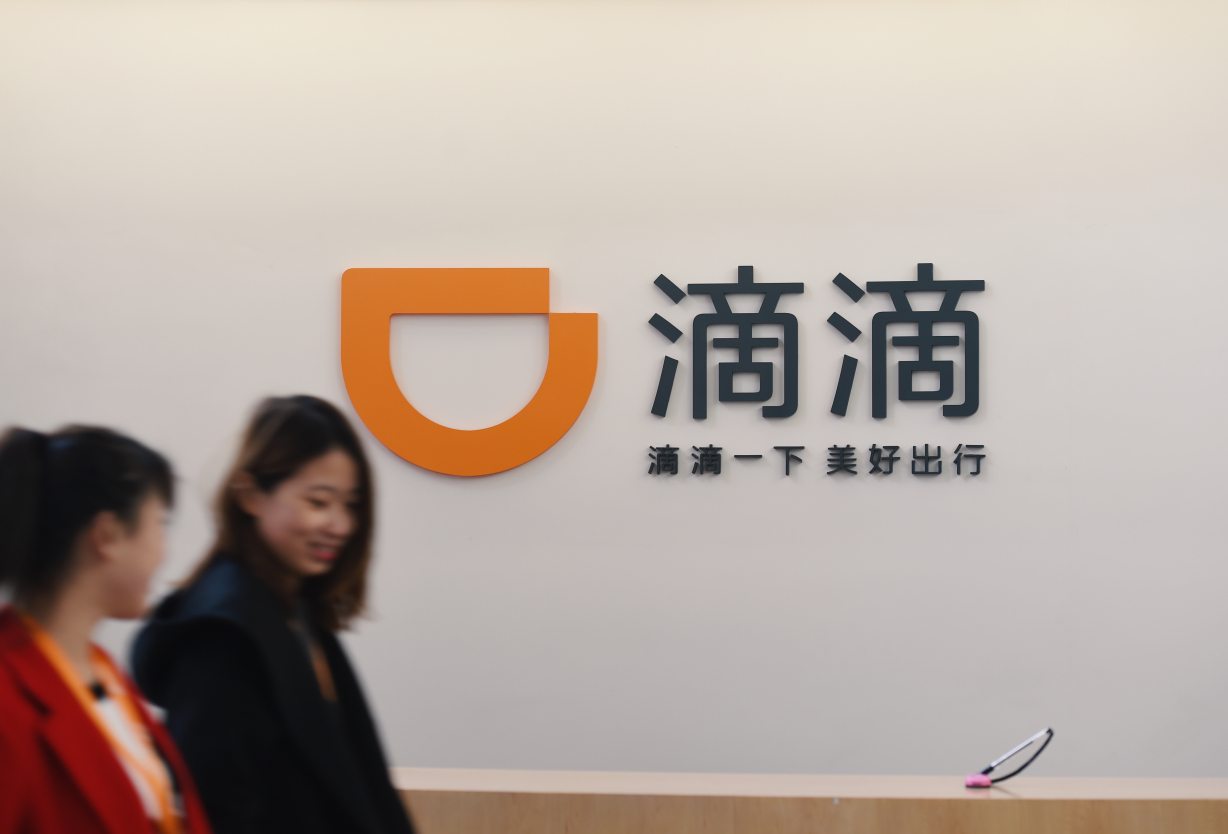
Image credit: TechCrunch
New rules late last year may hamper Didi’s China operations. Big cities, including Beijing and Shanghai, now require that all drivers have a local hukou (户口 or household registration in English) and that the vehicles be locally registered. According to Didi, these new restraints could eliminate nearly 80 per cent of the company’s Shanghai vehicles and potentially put the breaks on Didi’s ride-hailing business.
8. How many more global acquisitions will Chinese companies make?

Martin Lau and Ilkka Paananen. Image credit: Supercell
In 2016, notable cases were Tencent acquiring Supercell, a Finnish game publishing company and C-trip acquiring Skyscanner, a British travel information website.
—
The article 8 questions about Chinese tech we will see answered in 2017 first appeared in Technode.
The post 8 questions about Chinese tech we will see answered in 2017 appeared first on e27.